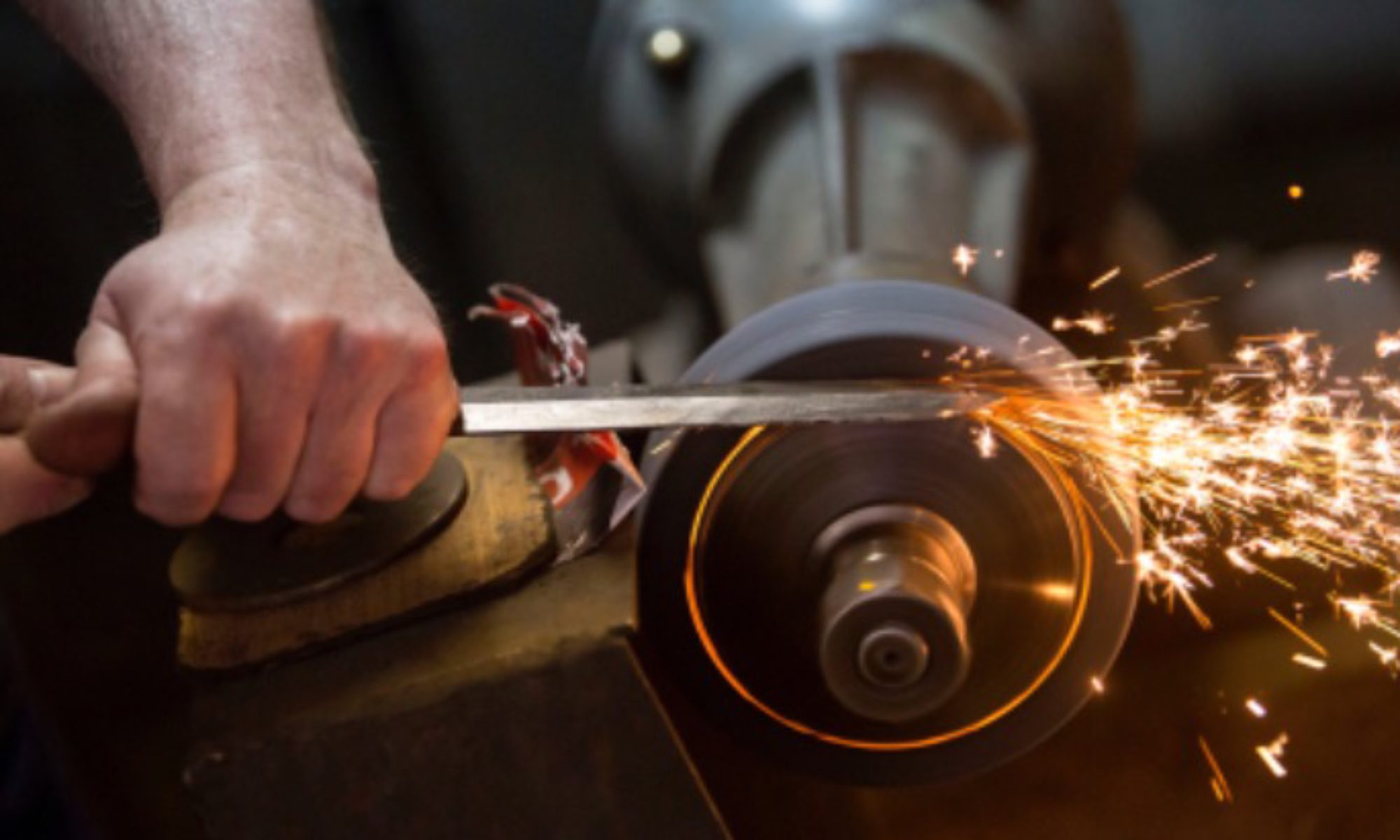Pressure Cookers Reduce Anti-Nutrients In Food
I still haven’t tried the full-blown carnivore diet for myself. I plan to at some out of curiosity though because it seems to be popping up constantly these days. And the purported benefits are hard to ignore. Proponents argue that the carnivore diet is healthier because vegetables aren’t really as good for us as we’re led to believe. That they are full of what are called anti-nutrients. Phytates, lectins, oxalates, tannins, gluten, and other substances that plants produce as a defense mechanism against being eaten. After all, plants are in the procreation game as well. And they want to give animals and insects a reason not to eat them. But for those who still want to eat plants there is a potential solution to this issue. Pressure cookers reduce anti-nutrients in plant foods.

Yes, the pressure cooker you might have seen your grandmother using. Electric versions are now available, but I use the old fashioned kind.
It’s a pot with a lid that locks on and holds steam inside with a rubber gasket seal. Steam builds pressure inside the cooker as it heats up and any water begins to boil. There is a nozzle on top of the lid that allows steam to escape. But one places a small weight called a regulator over the nozzle to keep a certain amount of steam and pressure inside the cooker. Once the pressure inside the cooker is strong enough it will overcome the weight of the regulator. Then a small amount of steam will begin to escape and rock the regulator back and forth. But just a little bit gets out and there is still quite a lot of pressure inside the cooker. Different weight regulators result in different amounts of pressure. Hence the name.
The high pressure environment raises the boiling point of water and the increased heat cooks food very quickly.
The Problems With Anti-Nutrients
Back to anti-nutrients. As mentioned, these substances are essentially defense mechanisms for plants. If animals and insects eat a plant and the anti-nutrients it contains cause some sort of harm to the animals and insects, they’re less likely to eat that plant again. As a result the plants have a greater chance of reproducing.
A full-blown rundown of anti-nutrients can be found here. That’s not the real purpose of this article. But it’s worth knowing what they are and what they can do. Some of the primary issues with anti-nutrients are that they can block absorption of minerals and protein in the gut by binding to them, cause gastrointestinal problems and distress, contribute to leaky gut, block digestive enzymes, and even exert estrogen-like effects.
It’s worth noting that they are found in larger quantities in grains, legumes, seeds, and nuts than in vegetables. Even so, ancient cultures from all around the world have historically used methods such as fermenting and sprouting to reduce anti-nutrients in all types of plants. They discovered that different methods of preparation made certain plants easier to eat and digest.
It’s also worth pointing out that some anti-nutrients like polyphenols have health benefits. Still, in large enough quantities they can block absorption of nutrients.
Pressure Cooker Benefits When Cooking Plants
Clearly anti-nutrients aren’t something we want to consume in large quantities. But pressure cookers reduce anti-nutrients. And it’s a cooking method that saves time from having to ferment and sprout all of the vegetables we eat. Personally I avoid most foods that have high anti-nutrient content in the first place by eating a low carb diet. Even so, when I cook vegetables like cauliflower, broccoli, cabbage, kale, etc., I always use my pressure cooker.
This study showed that pressure cooking reduced phytates and trypsin inhibitors in cowpeas better than boiling. On the flip side it also showed that pressure cooking reduced the loss of ascorbic acid content in the cowpeas. Which is a good thing since ascorbic acid is a nutrient we want.
Another study showed that pressure cooking beans soaked overnight reduced the phytic acid content 54%. Boiling soaked beans only reduced the phytic acid 29%. This was a much larger reduction anti-nutrient content.
And this study also showed reduced losses of ascorbic acid and beta-carotene (beneficial nutrients) when spinach and amaranth leaves were pressure cooked instead of being blanched in an open pan.
So not only does pressure cooking reduce anti-nutrients, but it helps retain beneficial nutrients. All cooking methods will reduce beneficial nutrients to some extent because they all exceed temperature thresholds that cause this to happen. But because pressure cooks food more quickly, the shorter cooking time preserves more healthful nutrients despite higher temperatures caused by the pressure.
Some Final Thoughts
Anyone eating plant foods is dealing with anti-nutrients to some extent. People eating ketogenic or low carb are likely eating a pretty minimal amounts. These diets are low in grains and legumes. But for anyone not eating a strict carnivore diet with zero plant foods, pressure cookers reduce anti-nutrients and are a straight-forward way to reduce exposure to anti-nutrients in plant foods.

How long to pressure cook?
It depends. Pressure cooking brown rice will take longer than pressure cooking potatoes. But will still be much quicker than cooking brown rice in a typical pot. I’ll try to keep a list of how long different things take to cook when I pressure cook them and add it in a new post. Here’s a decent link to check out in the meantime. https://www.dummies.com/article/home-auto-hobbies/food-drink/recipes/pressure-cookers/how-long-to-cook-foods-in-a-pressure-cooker-201427/
Thanks for the knowledge. I wanted to ask: what about lectins?